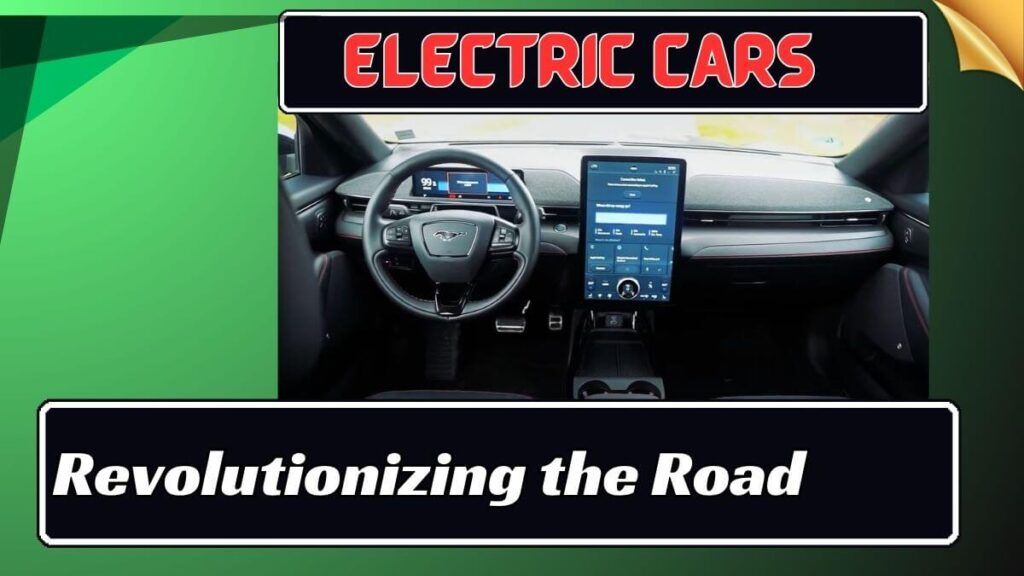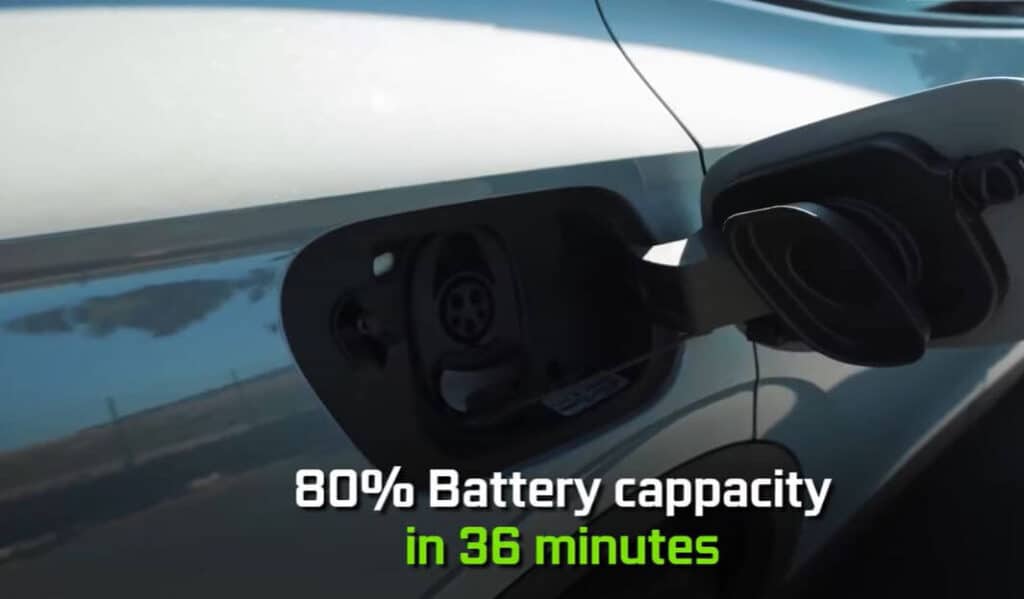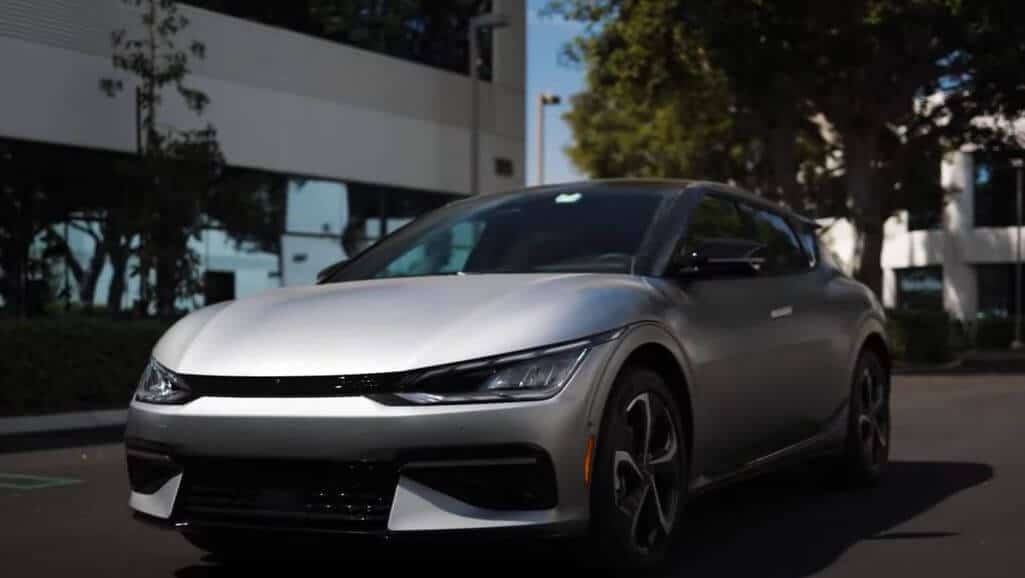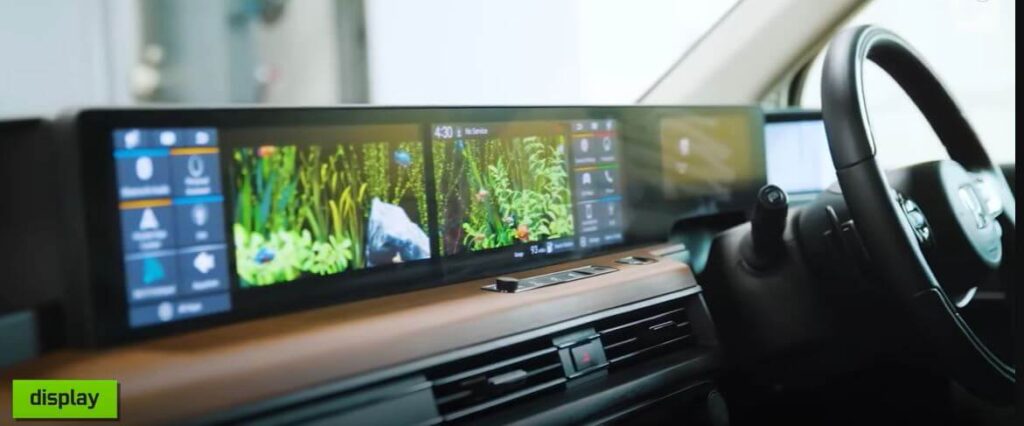Introduction: Electric Cars Trends 2024
Electric vehicles (EVs) are no longer a futuristic fantasy. They are here, transforming our roads and how we think about transportation. In 2024, we're looking at a fantastic revolution in the automotive industry, with EVs leading the charge. Let's talk on a journey to understand The Latest Trends in Electric Cars 2024 and how they are making our future easy.
The Surge in EV Popularity :
Why Are Electric Cars Gaining Momentum?
- Increased Environmental Awareness
- Government Incentives and Policies
- Technological Advancements in Battery Life and Performance
| Key Drivers for Electric Car Momentum | Details and Insights |
|---|---|
| Increased Environmental Awareness | - Growing concern over climate change and air pollution. - Recognition of the environmental benefits of EVs, including zero emissions and reduced carbon footprint. |
| Government Incentives and Policies | - Financial incentives like tax credits, rebates, and grants for EV buyers. - Regulations and policies supporting EV infrastructure development. - Goals for reducing greenhouse gas emissions. |
| Technological Advancements in Battery Life and Performance | - Improved battery technologies leading to longer ranges and shorter charging times. - Development of more efficient and cost-effective batteries. - Enhancements in energy density and durability. |
Consumer Preferences Shifting Towards Sustainability
As global awareness of environmental issues grows, more consumers are choosing EVs. This shift is supported by government policies promoting sustainable transportation.
Technological Innovations in EVs :
Battery Technology – The Heart of EVs
- Improved Battery Efficiency and Range
- Faster Charging Capabilities

Table: Advancements in EV Battery Technology
| Aspect of Battery Technology | Details and Developments | Impact on EVs and Users |
|---|---|---|
| Improved Battery Efficiency and Range | - Development of new battery chemistries like solid-state batteries. - Increased energy density leading to longer driving ranges on a single charge. | - Allows EVs to travel longer distances, making them more practical for everyday use and long trips. - Reduces range anxiety among potential and current EV users. |
| Faster Charging Capabilities | - Introduction of ultra-fast charging technologies. - Development of infrastructure supporting higher charging speeds. | - Significantly reduces the time required to recharge EV batteries, enhancing convenience. - Makes EVs more appealing compared to traditional internal combustion engine vehicles. |
Research Data on EV Battery Trends and Impact :

- Solid-State Batteries: Research indicates that solid-state batteries could potentially increase the range of EVs by up to 50% compared to current lithium-ion batteries. They also offer better safety and potentially longer life spans.
- Charging Infrastructure: There's a growing trend in expanding fast-charging networks globally. For instance, some ultra-fast charging stations can charge EV batteries up to 80% in just 30 minutes.
- Cost Trends: EV batteries have decreased over the years, making EVs more accessible. According to recent studies, battery prices have fallen by 87% from 2010 to 2019.
- Environmental Impact: Advances in battery technology also contribute to reducing the overall environmental impact of EVs. More efficient batteries mean less frequent charging and lower electricity demand, which can further reduce emissions if paired with renewable energy sources.
Integration of AI and Autonomous Driving
Electric cars are at the forefront of incorporating artificial intelligence (AI) and autonomous driving technologies, enhancing safety and the driving experience.
More:
| Integration of AI and Autonomous Driving in Electric Cars | Details and Features |
|---|---|
| AI System Used | - Many EVs employ AI systems for autonomous driving. |
| Capacity and Processing Power | - Advanced AI processors with high computational capabilities. |
| Autonomous Driving Capabilities | - Level of autonomy, such as Level 2 (Partial Automation) or Level 3 (Conditional Automation). |
| Advanced Features | - Adaptive cruise control, lane-keeping, and self-parking. |
| Safety Enhancements | - AI-based collision avoidance systems and pedestrian detection. |
| Sensors and Data Sources | - Integration of sensors like LiDAR, radar, cameras, and GPS for data collection. |
| Machine Learning and Training | - Continuous learning through machine learning algorithms and real-world data. |
| User Experience | - Enhanced driving experience with features like voice commands and predictive analytics. |
| Challenges and Regulatory Compliance | - Ensuring safety, data privacy, and compliance with evolving regulations. |
The Economic Impact of EVs

How EVs are Influencing the Global Economy :
- Job Creation in the EV Sector
- Impact on Oil Demand and Renewable Energy Usage
- Job Creation in the EV Sector
- Growth in EV production creates jobs across multiple sectors: manufacturing, engineering, and maintenance.
- Example: Companies like Tesla are expanding their workforce in areas like battery production and energy solutions.
- Impact on Oil Demand
- Increased EV usage reduces reliance on oil, potentially decreasing global oil demand.
- This shift can alter the dynamics of the global energy market and reduce the influence of oil-rich regions.
- Boost in Renewable Energy Usage
- EVs encourage the use of renewable energy sources for charging, promoting investments in solar and wind energy.
- Example: Germany's investment in renewable energy infrastructure supports its increasing number of electric vehicles.
The Role of EVs in Urban Planning
The rise of EVs is influencing city planning and infrastructure, leading to the development of more EV-friendly cities.
Challenges and Future Prospects
Overcoming the Obstacles :
- Addressing Range Anxiety
- Expanding Charging Infrastructure
- Addressing Range Anxiety: EVs are getting better at easing your worries. Think of them as your tech-savvy friends who now reassure you with longer battery life and charging options that pop up like mushrooms after rain.
- Expanding Charging Infrastructure: We're stretching the electric cord! Charging stations are spreading faster than rumors at a family reunion, ensuring you're never stranded with a 'low battery' warning.
The Road Ahead for Electric Vehicles
- Predictions for Market Growth
- Potential Developments in EV Technology
- Predictions for Market Growth: The EV market is on the fast track. It's like a rollercoaster ride, and experts predict it will only go up, with electric vehicles becoming a common sight on our streets in the coming years.
- Potential Developments in EV Technology: The future of EV tech is as exciting as a sci-fi movie. Think of longer ranges, faster charging, and sleeker designs. It's like witnessing the evolution of smartphones but for cars.
Global Perspectives on EV Adoption

- Country-Specific EV Trends
- International Collaborations and Policies
- Global Perspectives on EV Adoption: EVs are the new international language. Countries worldwide are revving up their adoption, with a united goal of a greener future.
- Country-Specific EV Trends: Each country brings its flavor to the EV table. From China's mass production to Norway's incentives, it's like a global EV buffet with unique offerings.
- International Collaborations and Policies: It's a world EV party, with countries teaming up and crafting policies to accelerate the electric revolution. It's like a global pact to make our planet cooler – in both senses.
Conclusion: Embracing the EV Revolution
As we look towards the future, it's clear that electric vehicles are not just a passing trend. They represent a significant shift in how we view and use transportation. With ongoing improvement and increasing global approval, EVs are set to revolutionize our roads.
What are the main benefits of electric cars over traditional vehicles?
Lower operating costs, reduced emissions, and quieter rides make EVs environmentally and economically friendly.
How has battery technology evolved in recent years?
Recent advancements include improved energy density, longer ranges, and faster charging, making EVs more practical.
Can electric cars fully replace gasoline-powered vehicles?
EVs are making strides, but complete replacement depends on charging infrastructure and user needs.
What are the economic implications of the rise of EVs?
Job creation in EV sectors and reduced oil dependence can positively impact economies.
What future innovations can we expect in electric vehicles?
Expect smarter AI-driven features, improved batteries, and innovations in sustainable materials.
